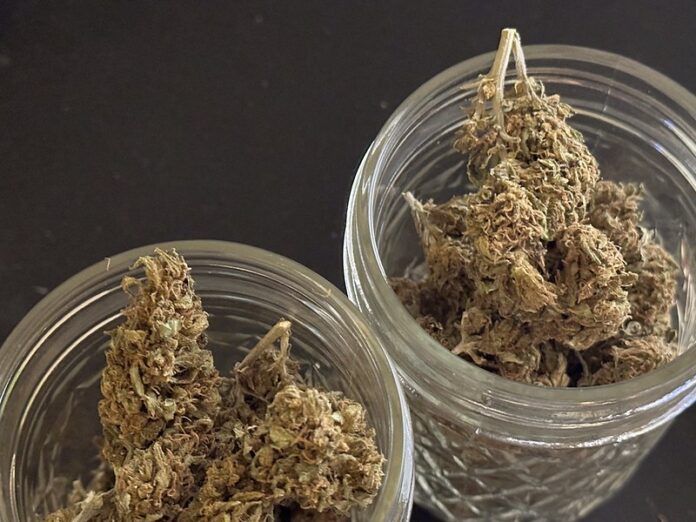The General Assembly voted to change the experience requirement for some medical cannabis employees, expand the shelf life of products and add public record exemptions for the overseeing agency. Del. Mike Cherry, R-Colonial Heights, introduced House Bill 815, which passed the General Assembly unanimously.
Pharmaceutical processors are the state approved companies that grow and dispense medical cannabis. They are regulated in terms of permitting, hiring, production and serving customers.
An individual with less than one year experience will be able to perform cultivation and extraction duties under the supervision of someone with experience. The previous requirement was under two years experience. They can also serve as a pharmacy technician trainee, another change.
The minimum supervisor experience requirement was changed from two years to one year. The bill allows someone with less experience to cultivate cannabis and extract chemicals from plants, and supervise a trainee in those roles. A person could also step in these roles with a degree or certification related to plant cultivation, or in chemistry.
“Enhance workforce development to address a workforce shortage,” Cherry said about the change, in the ABC-Gaming subcommittee meeting.
Representatives from Jushi and Green Leaf medical cannabis companies did not respond to an interview request.
Medical cannabis products are tested by an authorized, independent lab before a product is sold. Products are tested for potency and also for mold, pesticide, and heavy metals, among other things. An expiration date is then determined for the product.
Currently, any product with an expiration over six months must have stability testing, which helps determine shelf life and potency. Cherry’s bill extended the testing timeline from six to 12 months. Products can degrade over time, and state code allows a 15% deviation of total THC or CBD in the product.
Lawmakers passed a bill last year that expanded the timeline for stability testing, but the governor amended the legislation back to six months.
“Each year there are updates and revisions to the statute to make technical updates to the medical cannabis industry, to improve ways to meet the needs of patients, and to increase patient access to the program,” Cherry stated in an email.
A bill passed last year transferred the medical cannabis program from the Board of Pharmacy to the Cannabis Control Authority, effective this January. The CCA will also oversee the recently approved recreational cannabis market set to open in May 2025, as long as the governor does not veto the legislation.
Cherry’s bill added the CCA to the list of agencies, such as the state Alcoholic Beverage Control Authority and Virginia Lottery, who are excluded from releasing public records about their investigations.
A new section of code was also added that establishes more records exemptions for the CCA. The agency can keep confidential information related to active investigations or disciplinary proceedings, with some exceptions. “This is a technical clean-up bill,” Cherry said in the ABC-Gaming subcommittee meeting. “It maintains the protections that the program had at the Board of Pharmacy.”
Information already protected by state code includes identifying purchase orders, financial records and information from the seed-to-sale tracking system.
The public can still request aggregate statistical information about taxes, and collective or total sales, as long as no license holder is identified, according to state code.
By Michael Chun / Capital News Service

